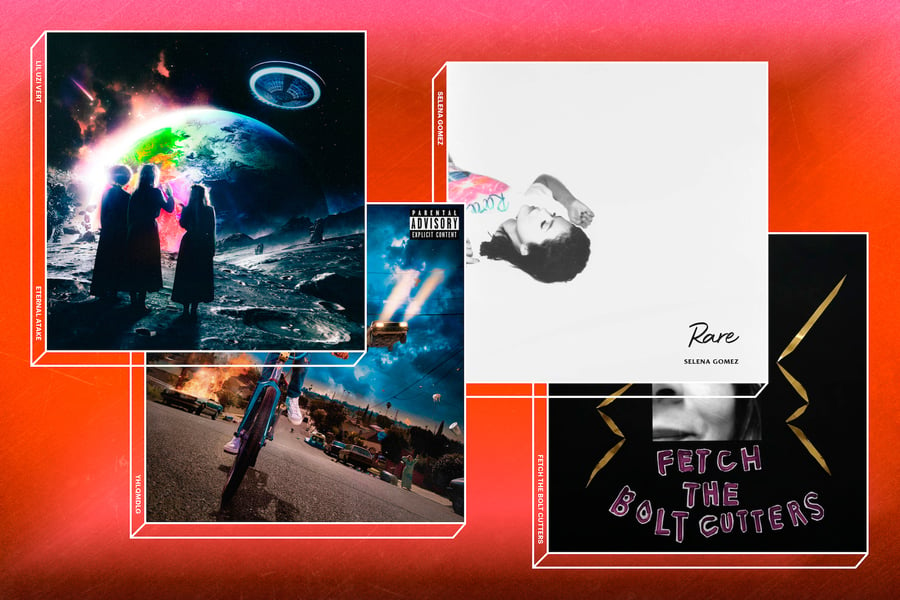The 50 Best Albums of 2020 So Far
Including Bob Dylan, Lil Uzi Vert, Bad Bunny, Dua Lipa, and more

This year has already given us an emo-pop opus from Halsey, a welcome comeback from the Strokes, killer country from the Secret Sisters, an optimistic Future record, and great releases from up-and-coming artists like Moses Sumney, Beach Bunny, and 070 Shake. Here’s our unranked rundown of the year’s most noteworthy releases.























































































